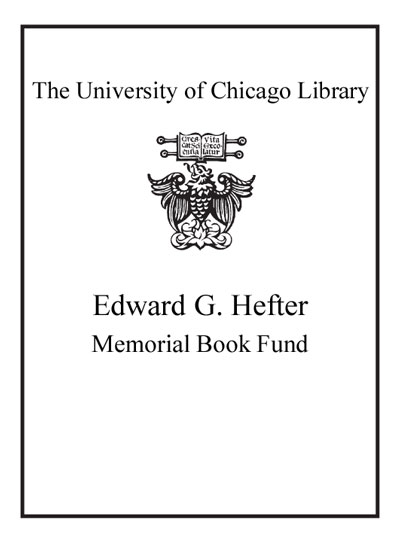Ottoman high politics and the Ulema household /
Saved in:
| Author / Creator: | Nizri, Michael, 1972- |
|---|---|
| Imprint: | New York, NY : Palgrave Macmillan, [2014] |
| Description: | ix, 243 pages ; 23 cm |
| Language: | English |
| Subject: | |
| Format: | Print Book |
| URL for this record: | http://pi.lib.uchicago.edu/1001/cat/bib/9973505 |
Table of Contents:
- List of Figures and Tables
- Acknowledgments
- List of Abbreviations
- A Note on Transliteration
- Introduction
- 1. The Life of Feyzullah Efendi: A Typical Rocky Career Path of an Alim
- 2. The Formation and Consolidation of the Kapi (grandee household)
- 3. The Rise of the Household to Hegemonic Status
- 4. Household Property, Sources of Income, and Economic Activity
- 5. The Contribution of Waqfs to the Preservation of the Power and Wealth of Households
- Epilogue
- Glossary
- Appendix
- Bibliography
- Index

